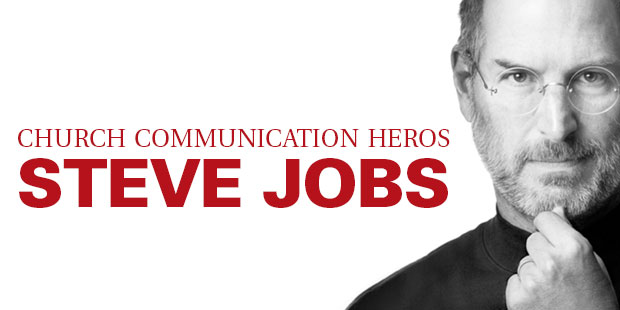
Are You Leading for the Good of Those You Serve?
Jony Ive is the senior vice president of design at Apple and is known as the great design mind behind the products at Apple. In a rare interview, Jony shares some lessons he learned from working with Steve Jobs. In the interview, he recounts a conversation with Steve where Steve rebukes him for leading to be approved, for wanting approval from his team more than anything else.
According to Jony, he wondered if Steve could “moderate” his comments about his frustration with a product. When asked for the reason for the request, Jony expressed the desire for moderation because “he cared about his team.” Steve challenged him and remarked:
You are just really vain. You just want people to like you. I am surprised at you. I thought you really held the work up as most important, not how you believe you are perceived by other people.
Jony, and I assume Steve, don’t use the term idolatry, but the confrontation centers on a common leadership idol—the idol of approval. When we lead for approval, we really are vain. We are leading for ourselves, to feel needed and appreciated. While we can mask our pride by insisting our decisions are really for the team, if approval is our ultimate goal, then we really aren’t leading for the sake of others.
Of course, I am not suggesting that the product, ministry, program, or initiative is more important than people. We should not exchange the idol of approval for the idol of success, the idol of accomplishment. But many leaders struggle with leading to be approved instead of leading for what’s best, for the health of those they serve, for the mission of their team/organization.
Often times, “I care really deeply about my team” can really mean “I just want my team to really like me.” Or “I am just protecting my team” really means “I need my team to love me because my soul needs that.”
Jony Ive says he was crushed because he knew Steve was right. Some leaders need the confrontation that Steve Jobs provided Jony Ive. Are you leading so people will approve of you or are you leading for the good of those you serve?
>> More from Eric.

Tags: Eric Geiger, Johnny Ives, Steve Jobs, leadership approval




















